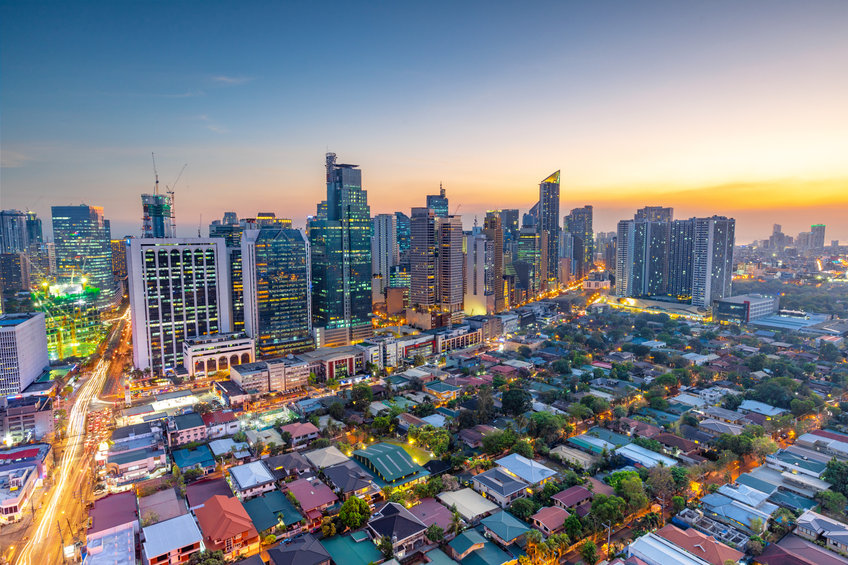
Yield Guild Games Southeast Asia (YGG SEA), a Philippines-based subDAO of the gaming startup Yield Guild Games, said in a Tuesday press release it raised $15 million in two new rounds of funding.
The company plans to use the proceeds to bolster the adoption of play-to-earn gaming across Southeast Asia.
What is YGG SEA?
YGG SEA is the first subDAO of YGG with direct exposure to players in Malaysia, Indonesia, Vietnam, and Thailand. According to the press release, YGG SEA is “at the core” of its expansion strategy that spans beyond the Asian region. The press release notes:
“In YGG Ecosystem, the goal is not just to onboard players as scholars; but also to be the bridge that brings the Web2 community into Web3 space through GameFi. YGG SEA has been aggressively onboarding and creating a safe space for scholars to enter Web3 through heavy localization and a grassroots level approach in each country.”
YGG SEA is also betting on regional P2E games and acquiring NFTs that are consistent with the needs and interests of its player base.
New financial backers
The list of backers who took place in the most recent follow-up funding round includes notable names like Animoca Brands and Crypto.com Capital, MindWorks Ventures, Poloniex, Jump Capital, Sembrani Kiqani (a fund by BRI Ventures), Circle, Digital Currency Group, Hashed, Polygon, among many others.
Animoca Brands CEO Robby Yung stated:
“As an investor in YGG, Animoca Brands is a supporter of the YGG SEA team, its business model, and its regional focus. We believe YGG SEA will strongly contribute to onboarding players to blockchain across South East Asia.”
Crypto.com Capital Managing Director Bobby Bao added:
“Crypto.com Capital is pleased to support the launch of YGG’s first ever subDAO — YGG SEA — in its private funding round. We believe that Southeast Asia will continue to be the largest market globally for play-to-earn operators, and that YGG SEA — with its operational expertise spanning from YGG and its in-country teams — will continue to hold the lion’s share of high-quality scholars in the region.”

